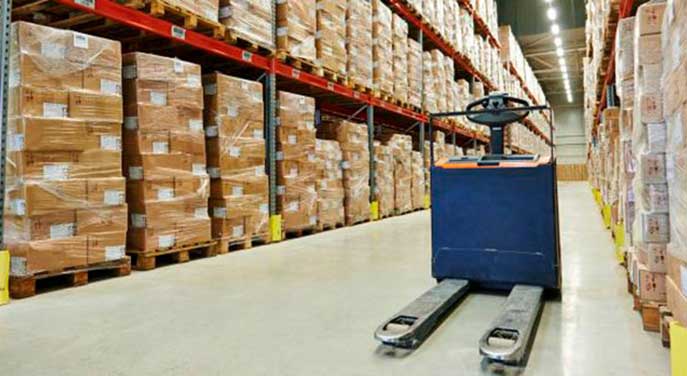By Alex Whalen
and Jackson Doughart
Contributors
Lowering barriers to Canadian internal trade is a serious priority for commerce and opportunity. Yet provincial governments have impeded the cause for decades. It’s time for Ottawa to take charge.
In July, the premiers met in Whitehorse to deal specifically with interprovincial trade. We won’t know the details of the agreement for months, though we do know that the proposal falls short in many important areas. For instance, it doesn’t include a necessary enforcement regime with substantial penalties for provinces that stubbornly maintain protectionist measures.
But comments by P.E.I. Premier Wade MacLauchlan offer encouragement. MacLauchlan told the CBC that he favours the removal of all barriers to trade, arguing against the “negative list” concept in which provinces can exclude items from outside competition. “Everyone should move to the same standard,” he said, noting that he was not the only premier with this view.
A constitutional scholar, MacLauchlan doubtless understands the thorny status of internal trade impediments within the Canadian system. A central aim of Confederation was to boost trade between the provinces; the British North America Act intimates a demand for what we would now call free trade.
Parochialism serves barriers well. The political gain to provincial governments is often greater in maintaining regulations for local advantage than in improving commerce overall. Accordingly, they hinder trade by maintaining regulatory regimes that cut into business efficiency, reduce productivity, jeopardize economic rights and discourage interprovincial exchange.
In the Maritimes, collaborative efforts to amalgamate standards have made some small progress, such as on pay stubs and workplace compensation regulations. Generally, however, the differing regulatory systems, particularly for the transport industry, continue to complicate trade.
MacLauchlan included alcohol in his pro-trade statement. Provincial regulations on such products are among the most egregious of protectionist measures. There are local advantages in closed borders, but they accrue mostly to the state, not to consumers. If barriers dropped, New Brunswick’s government would lose some substantial portion of the money ($171.6 million last year) that its liquor commission “earns” from strictly controlling the alcohol market. But there is a great, and largely unseen, cost to the wider population from maintaining this policy, particularly in having to pay above-market rates for beer and wine.
The Canadian Federation of Independent Business estimates that internal barriers “cost Canada’s economy as much as $14 billion each year.” Eliminating these barriers would disadvantage narrow provincial interests in the short term but on the whole it would improve the economy. Freeing up that much money would grow the private sector. Plus, it would help a vast swath of Canadians, instead of a handful of producers and suppliers who benefit now.
The actor with the most power remains the federal government, which has three legal avenues to ensure trade liberalization.
First, Gerard Comeau’s cross-border alcohol case is being appealed to the New Brunswick Court of Appeal. Ottawa could ask the Supreme Court to interpret Section 121, which says that ”All Articles of the Growth, Produce, or Manufacture of any one of the Provinces shall … be admitted free into each of the other Provinces.” The top court could uphold a New Brunswick court ruling that found the province’s beer ban unconstitutional.
Second, the federal government could argue that Section 91 gives explicit jurisdiction to the federal government for regulating trade and commerce.
Third, it could argue that the same section’s “national concern” doctrine authorizes Parliament to intervene against such regulations in the interest of peace, order and good government.
In a Supreme Court reference case, any of these arguments could imperil provincial barriers. A favourable ruling would empower Parliament to legislate against all manner of trade impediment and disparate standards.
Ottawa is rightly working hard to ratify free trade with the European Union, but has been noticeably absent from the discussions about barrier reductions within Canada. It needs to take a more active role at home. This means leading a campaign in favour of the vision of our nation’s founders, participating in the ongoing discussion between premiers and promoting the issue as a central topic for Parliament.
Whether through the courts or political means, the federal government needs to end internal trade barriers for good.
Alex Whalen and Jackson Doughart are policy analysts.
Alex and Jackson are Troy Media contributors. Why aren’t you?
The views, opinions and positions expressed by columnists and contributors are the author’s alone. They do not inherently or expressly reflect the views, opinions and/or positions of our publication.




